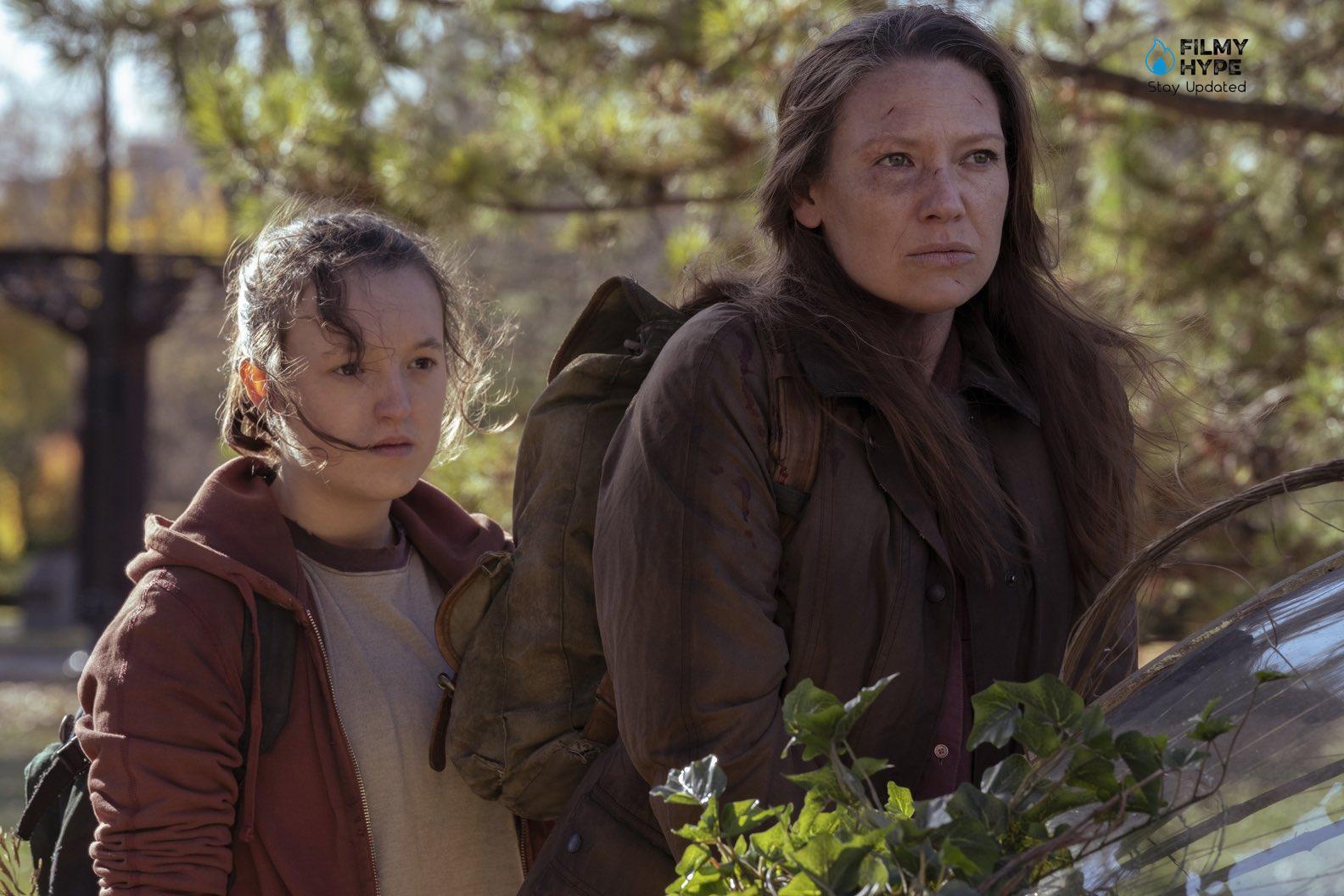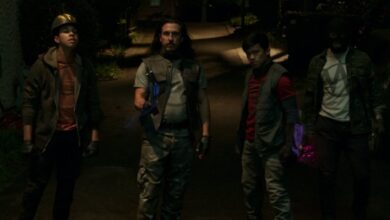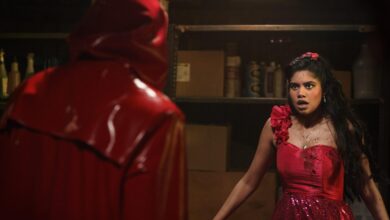The Last of Us: Episode 2 The Analysis of “Infected” Episode
Here is the second appointment with the episode-by-episode analysis of The Last of Us, to discover the turning points of what the show will offer us.
The Last of Us is causing a lot of discussion among both TV series and video game fans, both for its qualities and the differences between the original video game and the new television version. The second episode now released offers several ideas in this regard, but there are three main topics we are going to talk about in our analysis. The following article contains spoilers on the second episode, analyzing trying to keep the references of the video game and making references understandable for those who have already played the original work. For those who, on the other hand, were virgins of The Last of Us experience, we are going to rattle off those additions that have made the narrative of the series much more dense and complete than what was done in 2013 on PlayStation 3 by the Naughty Dog team. There will be spoilers for both the episode and the related segment of the video game, but there will be no spoilers for what happens next.

The Last of Us “The Intro”: The Origin of The Infection
The second episode, just like the first, begins with a long intro completely new to the original video game, set in Jakarta a couple of days before the American outbreak in which Joel, Tommy and Sarah try to escape the apocalypse. This is an important addition because it gives a global view of the spread of the infection, of which we know very little in the video game, and a newspaper clipping informed us that it had probably originated in some plantations in South America. Although the fungal infection derives from infected crops that produced equally infected food in both versions, the change of geographical origin of the problem is scientifically more accurate, given that weed fungi such as cordyceps are more widespread in the Far East, which historically is also an area from which the proliferation of epidemics has been more common.
And just like the opening words of the first episode, this too gives the viewer no hope, stating that once the infection scenario is triggered, there is no escape. The specialized biologist who is asked for advice is fatally lapidary: the only attempt that can be made to stem everything is to bomb the city (including her, of course) before the problem spreads. Whoever is in the neighborhood is doomed in one way or another. As is, likely, the whole world. Unlike other “zombie apocalypse” scenarios found in many other films or TV series, which leave a minimum of hope in the viewer, there is no room for a solution here. This makes Ellie even more special in the eyes of Marlene and Tess and will have a very important meaning in Joel’s psychology later.
The “Gameplay” of The Series
In the central part of the episode, we see how Druckmann and Mazin intend to adapt the gameplay of the video game to the screen. Less combat, but very meaningful, and realistic environmental interaction, without looking for shortcuts, ways out, environmental puzzles and so on. The mention of the underwater sections of this genre of games is iconic, with Ellie claiming she can’t swim. But also the displaced planks, the makeshift “bridge” between the two buildings, the combat at once circumspect and then frenetic against the clickers, within perfectly reconstructed sets compared to the originals. Despite fewer elements, it all feels functional to the on-screen action, maintaining a knife-edge tension and a constant sense of danger.
Tess’s Sacrifice and The Introduction of Mycelium
Even the final part of the episode undergoes some small-big changes, which revolve around Tess but also how the infection spreads. As already mentioned, when Tess realizes that she is at the end of the line, but that Ellie could be the miracle that humanity is no longer even waiting for, the resolution in her eyes changes: for her, it is no longer “merchandise” but it is the symbol himself of hope, and urges Joel to take charge of it.
What happens next is different and, in some ways, even more, dramatic than in the video game, afterwards she remains barricaded to give the other two time to escape from the militia, perishing immediately after in a firefight in which Joel and Ellie more or less they escape, to end up in a tunnel full of infectious spores. And here, Joel is amazed that the girl doesn’t need a gas mask to filter the air, further proof of her immunity to the infection. In the serial, this does not happen, because (although the possible presence of spores is not denied) there is a new element at play, which is made explicit here.
In the words of Mazin and Druckmann themselves:
One of the changes Neil and I felt we needed to make was the way the infection spreads. We did a lot of research on this, following on from all that Naughty Dog had already done at the time. We noticed something called mycelium, filaments created by fungi. In the video game, the infection is spread via bites and saliva, but it is also spread through the air via spores. Something that works well in a video game [where they stay in localized areas], but in reality the spores spread massively and it’s hard to believe that they only stay in certain places [like in the game, where you wear masks only in closed areas rich in spores, Ed.].
Craig came up with this idea that I liked about how mushrooms work since sometimes they’re pretty much the largest organisms you can find in a forest. It is a single organism that can communicate with different parts of itself. Something like if you touch a tendril here, it might wake up a horde of infected a mile away, who will come looking for you.
This is exactly what happens in the series: an infected person terminated by Joel, through the tendrils, warns the other “comrades” of the presence of ours, making them flock en masse.
We are talking about something called the “wood wide web”. Fungi can communicate chemically over absurd distances. They are noteworthy and, in this case, terrifying organisms.
It’s one of those changes that we made from the video game to the series, where the military discovered ours. But we thought it would make more sense and have a more dramatic and interesting impact as well as in the video game.
In the serial Tess dies by throwing a lighter into a puddle of petrol, making herself jump together with the horde of infected, but not before one of these “kisses” her by stretching his mycelia inside the mouth of the reluctant host. In short, even in the second episode, we see a rather successful mix of coherence with the original but also of reasoned changes, which work more in the new reference media.





